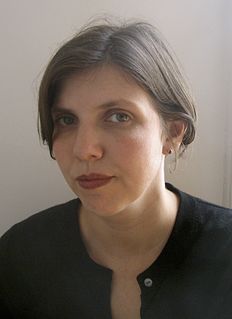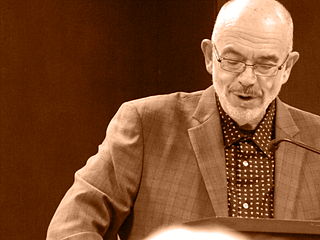A Quote by Jenny Offill
I think part of what I like about being a fiction writer is that I can inhabit something that's beyond the limits of my own personality.
Related Quotes
I also have just my own limits about stuff. I'm not interested in writing graphically about sexual assault for example. I feel like the stuff that I'm fascinated by is the stuff that's part of the public imagination of what horror is. The bleakness is a different issue. I think that just stems from my personality. I wish that I offered a little more glimmer of hope sometimes.
I'm very much drawn to these stories. This is a huge, great story [in Doctor Strange] about the possibility of living beyond everything, living beyond mortality, living beyond all the immortal confines, living beyond the planet as we know it. It's mind-blowingly no limits, and I think this is going to be something else.
Writing is an expression of the writer's own peculiar personality, could not help being so. Yet in reading great works one feels that the finished piece transcends the personal. All writers great and small must sometimes have felt that they have become part of what they wrote even more than it still remains a part of them.
I think Taylor Swift is a really good artist. I feel like her personality shines through everything she does, her music, her fashion, her style. She won Album of the Year, and she’s a really good writer. I’m a song writer so I respect artists who write their own songs. She won Album of the Year when she was 18 or something like that so, I think she’s dope.
As a reader, when the writer gets sentimental, you drift, because there's something fishy going on there. You recognize a moment that's largely about the writer and the writer's own need to believe in something that might not in fact exist. As a reader, you think, 'Where did the story go? Where did the person I'm reading about go?'
I think, about the distinction between fiction and nonfiction. Fiction is not really about anything: it is what it is. But nonfiction - and you see this particularly with something like the BBC Samuel Johnson Prize for Non-Fiction - nonfiction we define in relation to what it's about. So, Stalingrad by Antony Beevor. It's "about" Stalingrad. Or, here's a book by Claire Tomalin: it's "about" Charles Dickens.
I was listening to this interview with fiction writer George Saunders the other day, and he said something about how the role of a writer is to build a more detailed world. I think it applies to what Gord Downie is doing with his body of work, which is to build a more detailed world and there's something really political about that.







































